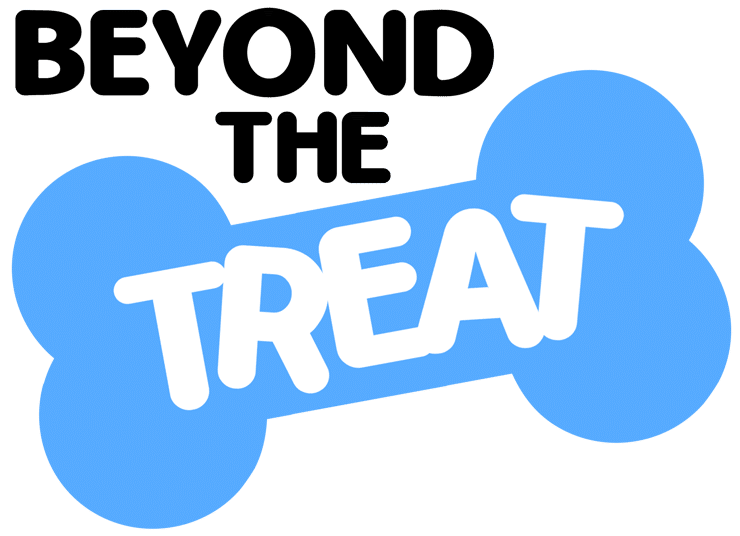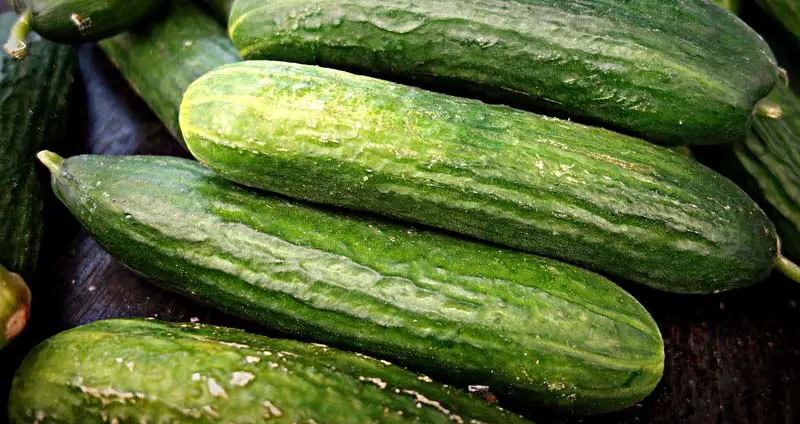Cucumbers are some of the most interesting fruits out there. Their insides measure 20 degrees cooler than the outside temperature, they’re 96% water, and they can be turned into pickles! In addition to those points, cucumbers are high in magnesium, potassium, manganese, and vitamins C and K. With the great benefits that come from cucumbers, you may be wondering: Can gerbils eat cucumber?
Yes, gerbils can eat cucumber, but should only do so in small amounts. Cucumbers aren’t dangerous or toxic for gerbils, but it shouldn’t be eaten more than as an occasional snack. However, they can make for tasty little treats when fed properly.
Table of Contents
What Do Gerbils Eat In The Wild?
To better understand why cucumber isn’t the best food for gerbils, it helps to understand the diet of a wild gerbil. Gerbils have been roaming free throughout the Middle East, Central Asia, and Africa for thousands of years. During this time, these wild gerbils have all eaten roughly the same food, resulting in their digestive systems becoming fine-tuned for digesting those particular foods.
This makes it very important that you match your gerbil’s diet to the diet of a wild gerbil. Their bodies are designed to eat certain foods, so you need to make sure that they’re getting those foods!
Gerbils are classified as omnivores, but actually have diets that very closely resemble that of an herbivore with just a few exceptions. This means that gerbils are able to eat a wide variety of different foods but end up eating mostly a mixture of plant matters. Due to this, gerbils get most of their essential nutrients through eating a mixture of vegetables, fruits, and grains.
Wild gerbils eat by scavenging for their food and eating whatever they happen to come across. Therefore, the exact diet of a wild gerbil can vary depending on their geographical location and the time of year, but all gerbils eat roughly the same foods. The staple foods in a gerbil’s diet are insects, grasses, fruits, roots, bulbs, nuts, seeds, and bird eggs.
Health Benefits & Dangers Of Cucumbers
Upon learning about the natural diet of a gerbil, it would make sense why a gerbil is able to eat small amounts of cucumber from time to time. While gerbils don’t have access to cucumbers in the wild, they do eat some foods that are similar.
A key characteristic of a gerbil’s diet that you may notice is that it’s quite dry. There are very few foods that gerbils regularly eat that contain high amounts of water. Gerbils only take in about 4ml of water per day — a number that can easily be surpassed by eating foods that contain a lot of water. Unfortunately, cucumbers are fruits that are primarily made up of water.
Excessive water consumption in a gerbil can result in quite a few health complications. Too much water in the body of a gerbil will dilute the sodium and electrolytes in their body, resulting in hyponatremia. Additionally, too much water can result in diarrhea, and this causes distress and dehydration. Both of these issues can cause death in some instances, so excess water consumption is a serious problem that needs to be avoided.
Despite the downsides listed above, cucumber still makes for a great snack when fed appropriately. Gerbils love the taste and texture of the fruit as it provides a different eating experience from the nuts and seeds they commonly eat. On top of that, cucumbers have nutrients that gerbils may not get from many other sources.
How To Properly Feed Gerbils Cucumbers
Cucumber isn’t healthy in large amounts for gerbils because of its high water content. Gerbils don’t require much water daily, and cucumber can easily provide them with more water than is necessary. Therefore, cucumber can be a great snack to change things up in their diets, but it must be fed in moderation.
When it comes to feeding frequency, gerbils can generally eat small amounts of cucumber about 2-3 times per week without any consequences. Some owners opt to feed their gebrils more or less than this number depending on the other foods that their gerbils are eating. When feeding your gerbil cucumber, it helps to cut it into smaller pieces to make it safer and easier to eat.
If you are set on feeding your gerbil cucumber, you first need to ensure that their dietary needs are already being met. Cucumber does have quite a few excellent nutrients, but it’s nowhere near nutritious enough to act as a staple food in a gerbil’s diet.
For a gerbil, the most important aspect of their diet by far is a high-quality seed mixture. This food is so important because it provides them with most of their necessary nutrients in a very tasty and interesting form that gerbils love. Once you’ve ensured that your gerbil is getting all of their required nutrients, then you can focus on supplementing their diet with treats such as cucumbers.
Can Gerbils Eat Pickles?
While cucumbers are safe to feed to gerbils in small amounts, what about pickles? Pickles are simply cucumbers that have been preserved in a solution of vinegar, salt water, and various seasonings. Would cucumbers that undergo the process of pickling be safe for gerbils to eat in small amounts, too?
In short, no, gerbils can’t eat pickles. Pickles are too acidic for gerbils to eat, and this acidity can cause quite a few problems — even in small amounts.
The diet of a wild gerbil consists of little or no acidic foods, meaning that their bodies simply aren’t designed to handle the acidity that comes from pickles. Eating even a small amount can result in intestinal distress or, in rare cases, much more serious issues.
Therefore, just stick to cucumbers! Your gerbil doesn’t feel as if they’re missing out if they can’t get a taste of a pickle.
Other Healthy Snacks For Your Gerbil
Due to the fact that cucumber contains a lot of water and doesn’t deliver too many nutrients in a gerbil-sized serving, there are much better foods that you can be giving your gerbil as treats. While there aren’t many good commercially-available gerbil treats out there, there are a few great fruits and veggies that make for healthy snacks. Below are some of the most well-liked gerbil treats by owners and gerbils alike.
- Apples (without seeds)
- Bananas
- Broccoli
- Carrots
- Cauliflower
- Lettuce (in small amounts)
- Strawberries

